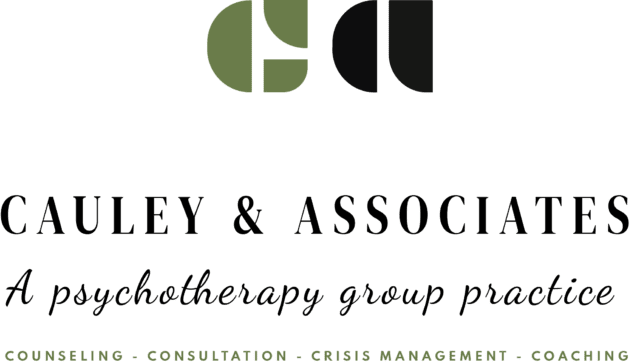Your heart is racing, your mind is whirling, and you feel as though there’s a heavy pit in your stomach. What’s happening? You probably guessed it—these are the common symptoms of anxiety.
Anxiety is a normal response to stress; everyone experiences it at some point in their lives. While occasional anxiety is normal, it can become a concern when it persists, escalates, and interferes with your daily life. In order to overcome it, we must first understand it.
What Is Anxiety?
Anxiety can be described as a complex emotional response involving:
- Physical Symptoms: Increased heart rate, sweating, trembling, dizziness, nausea, or muscle tension are some common physical ailments.
- Cognitive Symptoms: These include racing thoughts, constant worrying and dwelling, or obsessive thinking.
- Emotional Symptoms: Feeling dread, unease, nervousness, or overwhelming fear.
- Behavioral Symptoms: Avoidance of situations that make you nervous, compulsive actions that are meant to alleviate anxiety, or self- harm tendencies like biting nails, clenching jaw, or picking skin.
Anxiety may look different for everyone, and these symptoms may not even apply to some people. It manifests as any sort of physical and mental discomfort; for some, it could be racing thoughts, for others, it could be severe, debilitating panic attacks. The intensity and frequency of symptoms vary greatly from person to person.
Why Do We Experience Anxiety?
Anxiety is actually our natural survival instinct, also known as the “fight-or flight” response. It’s our body’s way of preparing us against threats. However, when this reaction becomes excessive, it can actually do damage to our bodies rather than protect us. Anxiety can develop at any time, but some common triggers include:
- Stressful Life Events: Situations that involve loss, trauma, or major life transitions can kick start anxiety.
- Genetic Factors: A family history of anxiety disorders can increase the risk of developing one.
- Environmental Influences: This could be high-pressure work or academic environments or unstable and unhealthy relationships.
- Medical Conditions: Certain health issues or chronic conditions can amplify anxiety symptoms.
- Brain Chemistry: Imbalances in neurotransmitters, which are chemical messengers in our brain, can disrupt the pattern of serotonin or dopamine distribution. When this happens, we begin to feel more anxious.
How Does Anxiety Affect Us?
Anxiety can impact our well-being on multiple levels, mainly our physical, emotional, and social aspects.
Physical Impact
- Sleep Disturbances: Insomnia, resultless sleep, or even nightmares
- Chronic Health Issues: Tension headaches, gastrointestinal problems, high blood pressure, or hypertension
- Fatigue and Exhaustion: Constantly worrying about things out of our control is physically and mentally exhausting.
Emotional and Mental Impact
- Mood Instability: Irritability, severe mood swings, or even prolonged sadness
- Lack of Concentration: Difficulty with focusing on tasks, responsibilities, or making decisions
- Low Self-Esteem: Feelings of guilt or inadequacy
Social and Relationship Impact
- Isolation: Withdrawing from social interactions to avoid additional stress or overwhelm
- Miscommunication: Difficulty expressing thoughts or emotions clearly due to anxiety
- Relationship Strain: Increased conflicts or misunderstandings that happen due to the heightened emotional responses that anxiety causes
The Importance of Acknowledging Anxiety
Ignoring or minimizing anxiety can lead to more severe issues, including depression, substance use, or chronic health issues that can lead to an overall health decline. Recognizing the signs early on allows for proper intervention and support.
Common Misconceptions
- Anxiety is just overthinking: It’s far more complex than this, involving both mental and physical pain that interfere with daily life.
- People can just stop feeling anxious: Anxiety is not a switch that turns off and on; it often requires more than sheer willpower to overcome.
- Anxiety is a weakness: It’s a common human experience, not a sign of any personal failure.
Take the Next Step
If anxiety is affecting your quality of life, know that you’re not alone! Speaking with one of our trained therapists can help you identify causes of anxiety and talk about strategies to manage it effectively. Reach out to schedule a session for anxiety therapy!





